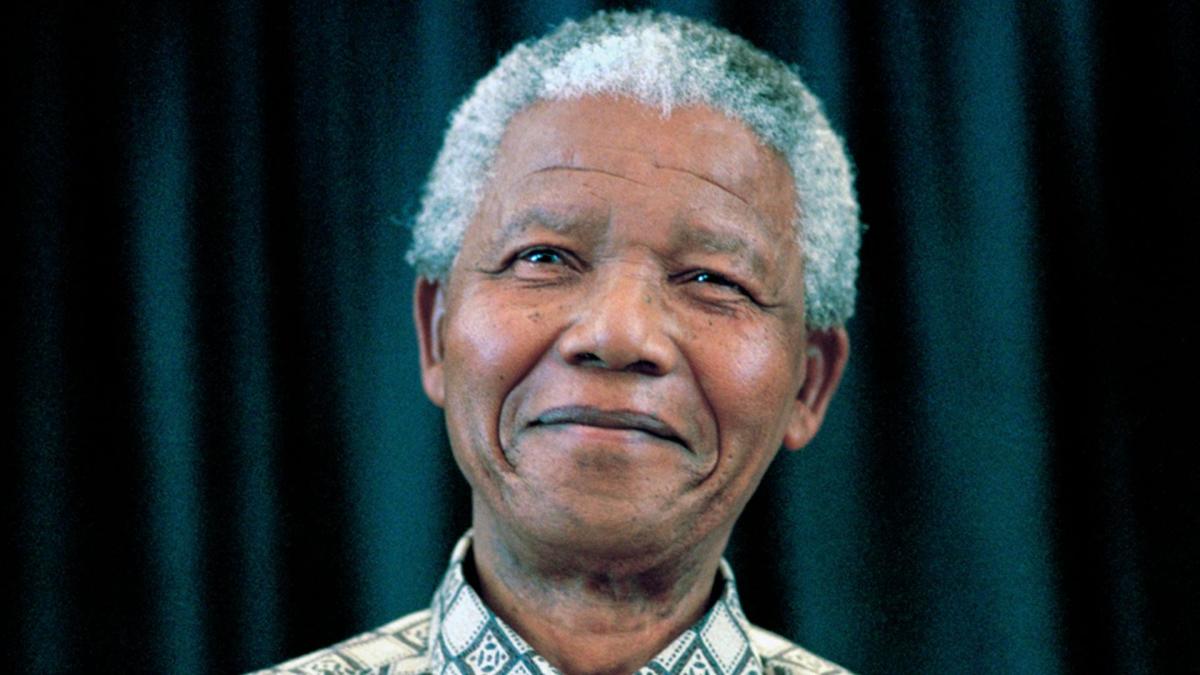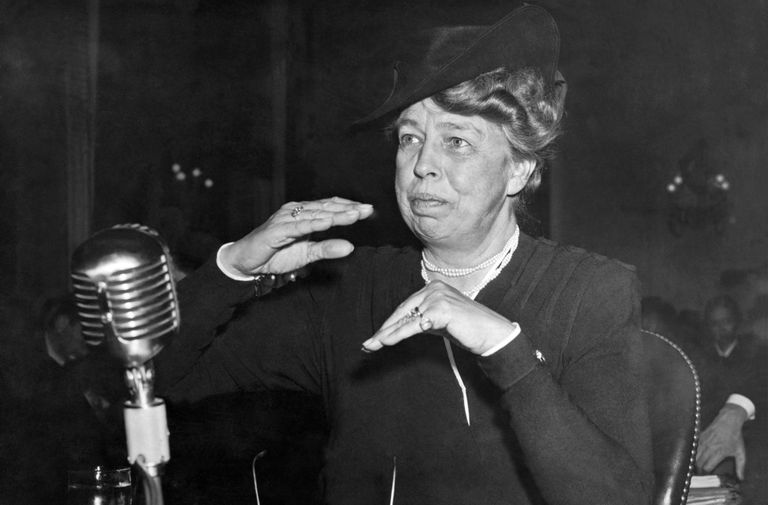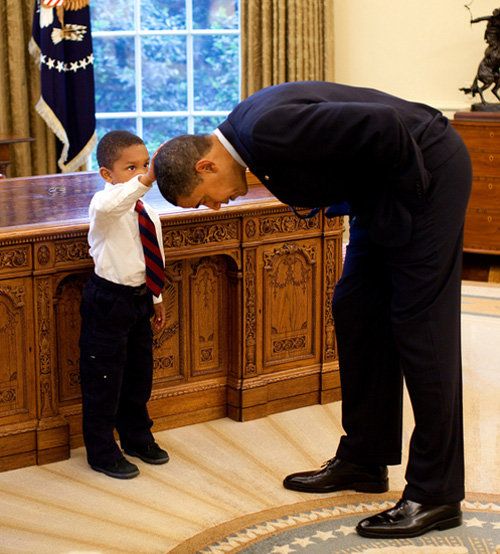I just watched Raymond O. Arsenault’s lecture titled “Courage and Civility.” He talks about the life of Richmond born Arthur Ashe, who has been the focus of much of Arsenault’s career. Today, Arthur Ashe is remembered as one of the greatest tennis players of all time. However, Arsenault argues that Ashe is one of the “greatest Americans of all time.” Ashe’s impact as a civil rights advocate and activist against AIDS transcends his tennis career.
In 1968, Ashe won the first US open. During the same year, he was in uniform at West Point. Jefferson Roberts, a black minister in D.C., invited Ashe to speak in church. Although it was his first time speaking in public, Ashe became inspired to speak out against race matters, and motivated other athletes to do the same. We are no longer in the defined civil rights era, but that doesn’t mean that the fight for civil rights in our country has ended. The legacy of Arthur Ashe lives on as a model of a man who was able to leverage his platform in order to change the world.
Leave a Comment

